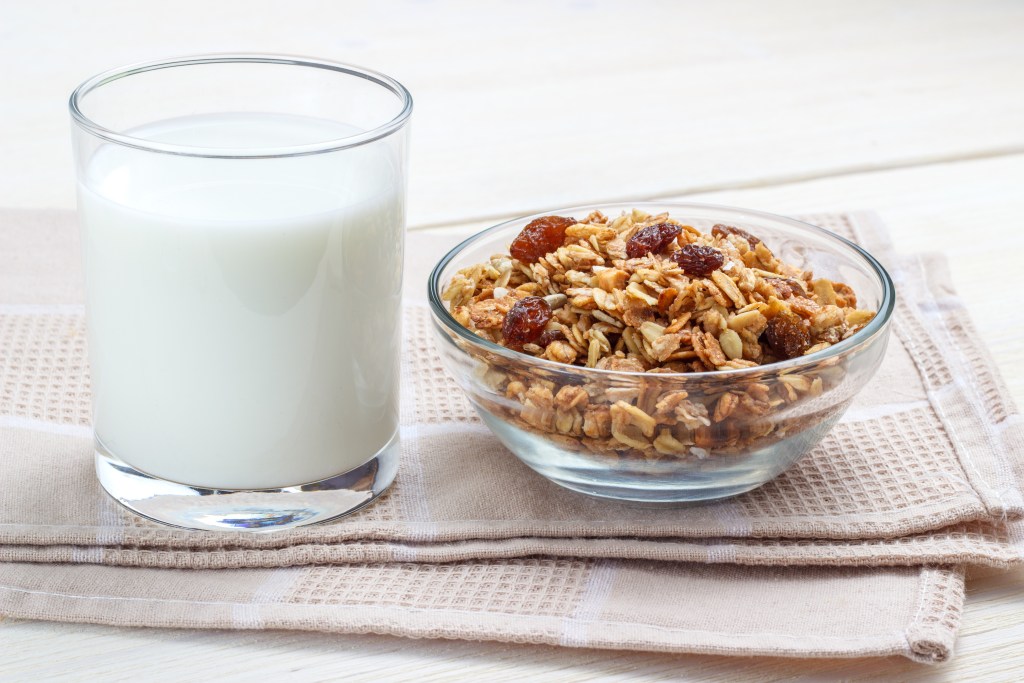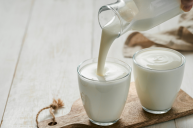Drinking milk may do a diabetic body good, at least according to a new study on milk and diabetes from the Human Nutraceutical Research Unit at the University of Guelph, in collaboration with the University of Toronto.
Researchers studied the effects of milk versus water on blood glucose concentration, especially looking at how consuming the beverage with a high-carbohydrate breakfast affected blood sugar levels later in the day. What they found may change how people manage type 2 diabetes.

The study looked at blood sugar levels in 32 healthy adults between 20 and 26 years old. Some of the participants in the randomized and controlled study consumed water along with their oat-based breakfast cereal, while another group consumed either regular commercial milk or milk with a high protein concentration.
Two hours later, the study participants ate pizza as the second meal. Blood sugar levels were monitored after both meals; the researchers also looked at how full study participants felt after eating and their food consumption levels at the second meal.
In short, milk had a higher level of beneficial effect on participants than water, reducing blood glucose levels even after the second meal. The high protein milk had an even greater effect than the regular milk. A similar effect was seen with pre-lunch glucose levels, with regular milk decreasing blood sugar somewhat, while high-protein milk had a greater effect.
Plus, because the whey and casein proteins naturally present in milk release gastric hormones that slow digestion, you tend to feel fuller for a longer time, which should decrease your appetite.
H. Douglas Goff, who led the team of researchers, said, "This study confirms the importance of milk at breakfast time to aid in the slower digestion of carbohydrate and to help maintain lower blood sugar levels. Nutritionists have always stressed the importance of a healthy breakfast, and this study should encourage consumers to include milk."
An important note: This particular study on milk and diabetes looked at cow's milk, not plant milk options like almond milk or soy milk. Plant milk does not contain whey or casein proteins, so they don't affect your body in the same way in terms of feeling full or decreasing blood sugar levels.
The American Diabetes Association recommends dairy as a healthy choice, although they stick to low-fat milk and other low-fat dairy products in their guidelines. Other studies support full-fat dairy products (in moderation). For example, a 2014 study from Lund University in Sweden concluded that eating high-fat milk and yogurt reduced type 2 diabetes risk for their study participants by as much as one-fifth.
The best milk for you is the one recommended by your healthcare professionals. Dairy consumption also has other health benefits, including vitamin D (good for bones and immune system) and calcium, but you may also need to watch your carbohydrates or fat intake in dairy foods. Milk and diabetes may be related and may even lower risk for an individual developing diabetes or help to maintain lower blood sugar levels if you have already developed it, but there may be other things you need to consider, so check with your doctor before you make any big milk-based decisions.




